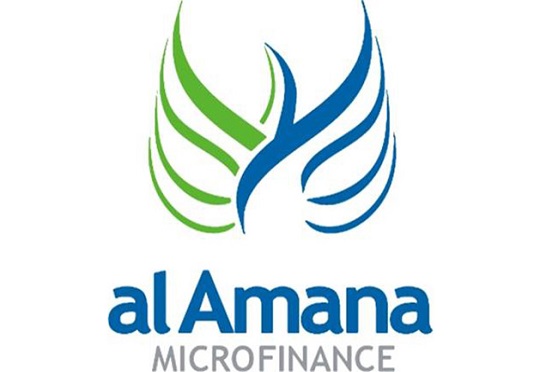Solar technology company REDAVIA and the responsAbility-managed climate fund have signed a financing agreement for REDAVIA’s Ghanaian subsidiary.
The $4 m financing will allow REDAVIA to supply Ghana’s industrial and commercial sector with affordable, reliable and clean power generated through modular solar farms.
Germany-based REDAVIA offers solar power for businesses and communities in Africa through subsidiaries in Ghana, Tanzania and Kenya, and has a proven track-record in solar farm design, manufacturing, deployment and maintenance.
The company targets the local business community including agrofoods processing, manufacturing, public infrastructure, hospitality & real estate companies and mining & minerals.
ResponsAbility and REDAVIA have worked together on this innovative and first of its kind debt facility, the Industrializing Africa Solar Funding Platform, which combines an efficient use of funds and a scalable facility for other potential funding partners.
REDAVIA solar power enables a seamless integration into the existing electricity infrastructure of a business to ensure a more cost-effective, reliable and cleaner energy mix – with diesel generators, in a battery set-up or as a complement to grid-connected power. As such, REDAVIA is supporting the reduction of carbon emissions and increasing the impact on a sustainable society.
Stefan Issler, Head Energy Debt Financing – Direct Investments, responsAbility declared: “We are thrilled to expand our financing activity in the distributed energy area by adding a provider of a scalable business model for the industrial and commercial sector to our portfolio. The reliable availability of affordable electricity is a key prerequisite for economic development.”
“Ghana continues to be a very promising market for us and we are excited that responsAbility has the trust and confidence in our ability to deliver and add value to its portfolio,” stated Erwin Spolders, CEO and Founder, REDAVIA. “This partnership will empower us to grow further and faster in the country, subsequently enabling Ghanaian companies to save money and thrive.”


